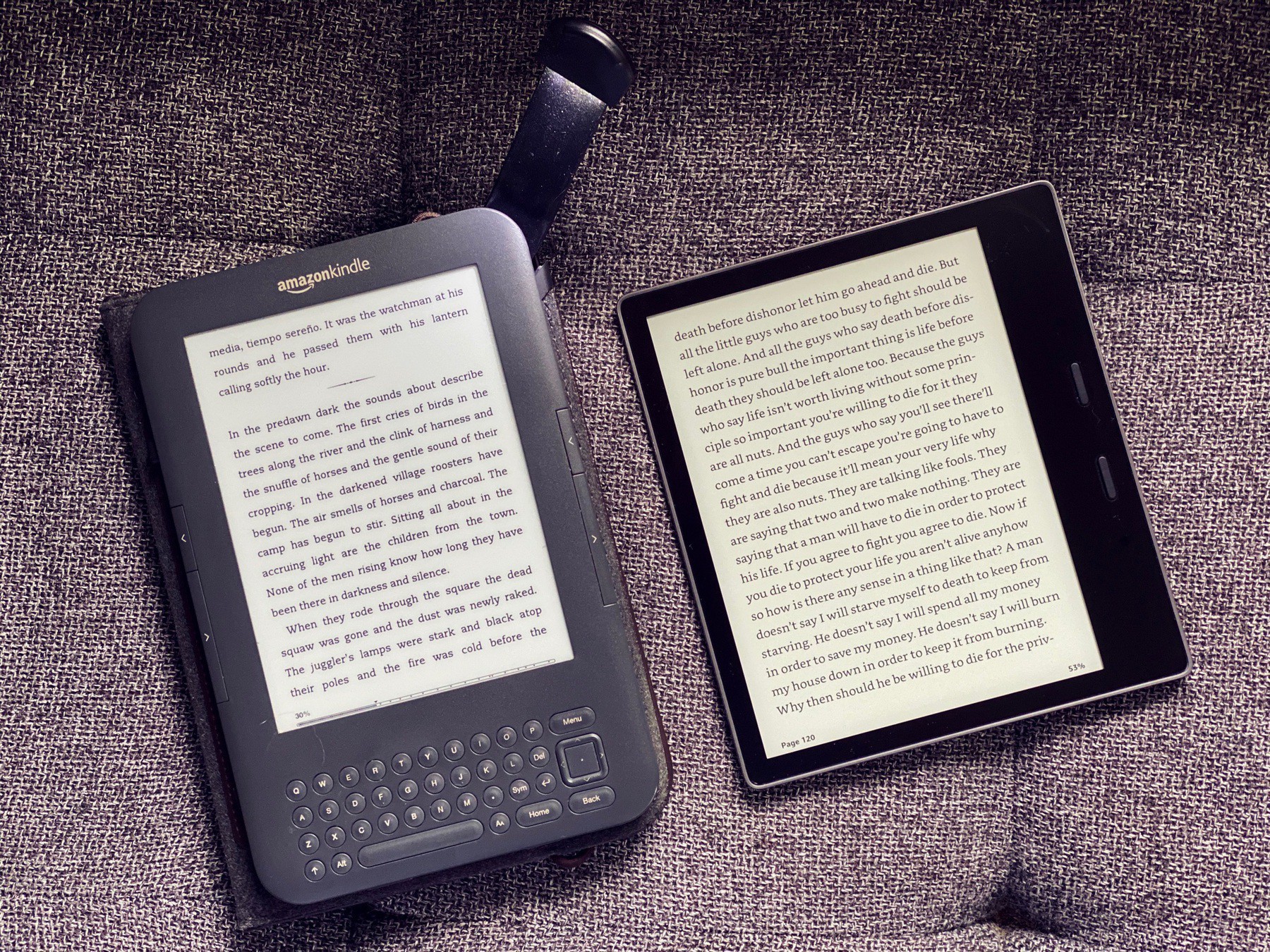-
The Dime-A-Dozen Bankruptcy of Tech Billionaire Serial Entrepreneurs
Last year — barely 12 months into the experiment — [CEO Evan] Williams had already grown uncomfortable with the cost of the team he had just built. Paid subscriptions, which had been on the rise, flatlined in 2020. Publication budgets were cut — and then cut again, and again. Editors who were lured to Medium on the promise of being able to build out full-fledged publications were suddenly begging for enough money to pay for a handful of freelance stories a week.
The rest of their “publications” would comprise posts written on spec by an army of self-serve freelancers who uploaded their work to the platform in hopes it would be selected by an editor for promotion. This program, called “Amplify,” has become a core pillar of Williams’ vision for the future. Instead of paying full-time salaries and benefits to staff, Williams can use Amplify to get the content he wants at a fraction of the cost.
Amplify’s writers are paid a small and essentially random fraction of subscription revenue, based on how many people read their story. In theory their financial upside is unlimited, but in practice the program pays almost no one a living wage.
It seems like all these “innovative” tech billionaire serial entrepreneurs only know how to make money one way.
The Mess at Medium | The Verge
-
In the words of one starry-eyed journalist, “The library of the future will be one which any man can carry under his arm.” Not a bad prediction for 1878.
Bottled Authors: The predigital dream of the audiobook | Cabinet
-
“We call this a century project[.] … To get it to look even somewhat like it did before the blight is going to take centuries. It’s for the next generation—it’s planting a tree you’ll never enjoy the shade of.”
The Demise and Potential Revival of the American Chestnut | Sierra
-
Ramping up production is especially challenging for Pfizer and Moderna, whose vaccines use an mRNA technology that’s never been mass-produced before.
Why We Can’t Make Vaccine Doses Any Faster | ProPublica
-
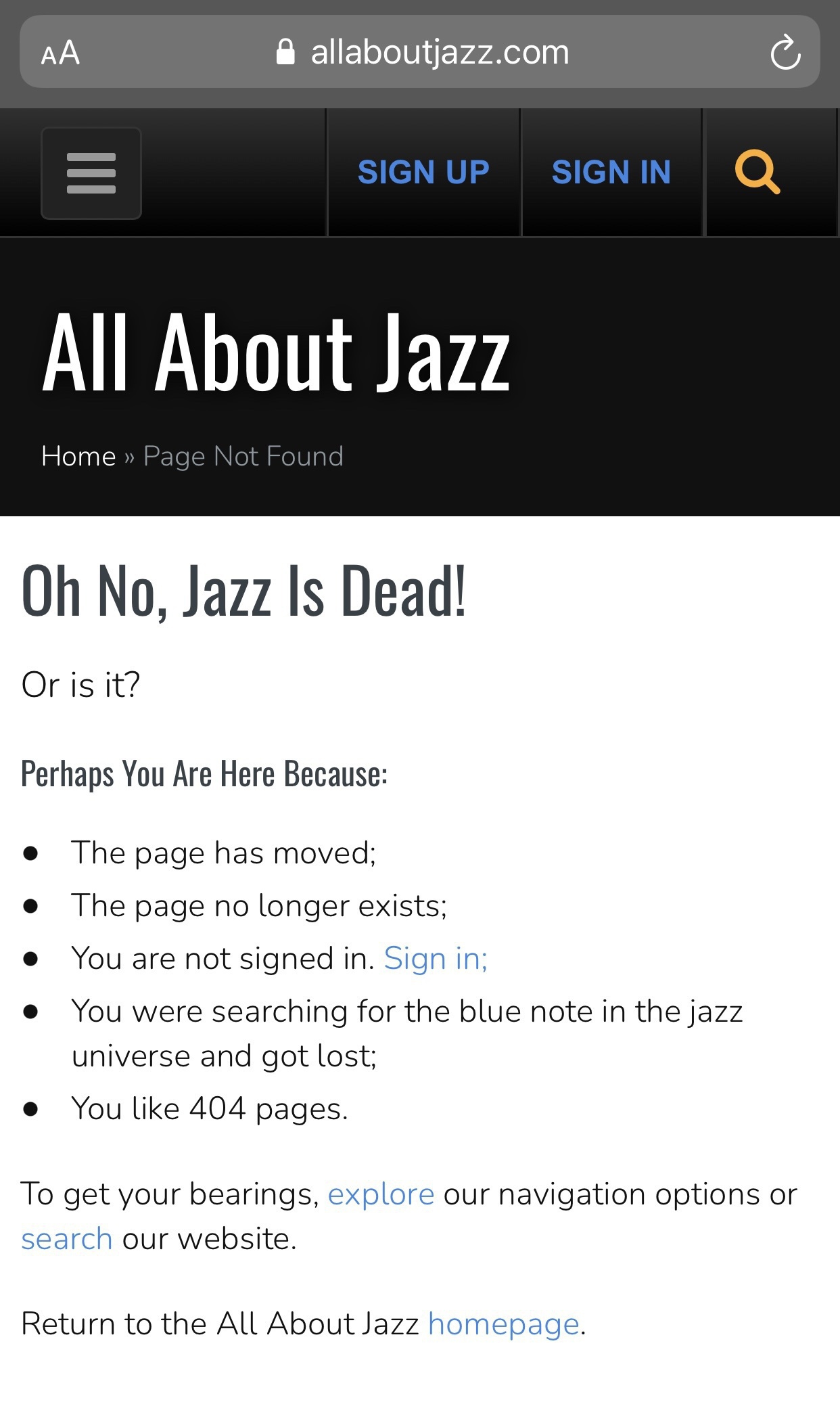
All About Jazz’s webmaster displays a solid sense of humor.
-
Computers can’t grasp the most lucid haiku. Nor can they pen the clumsiest fairytale. Computers cannot read or write literature at all. And they never, never will.
I can prove it to you.
Why Computers Will Never Write Good Novels | Nautilus
-
While listening to my favorite baseball podcast, I certainly didn’t expect to hear a Jet Propulsion Laboratory Systems Engineer mention NASA’s meetings about not accidentally sending COVID-19 to Mars aboard the Mars 2020 spacecraft.
-
Infinite Zoom
Such large-scale social change should prompt us to ask larger questions: What kind of world do we want to live in when we emerge from these chaotic times? How much of that world will have been actively built with our input, and how much of it will have been constructed for us by engineers in ways that only in hindsight we will understand to have been foundational? What patterns of behavior and habits of mind do these solutions privilege over other ways of doing things? What are the likely unintended consequences?
Technosolutionism Isn’t the Fix | Hedgehog Review
-
No single machine should be able to control the fate of the world’s population—and that’s what both the Doomsday Machine and Facebook are built to do.
Facebook is a Doomsday Machine | The Atlantic
-
Lost in Space
We use our location as a way to think about our identity. In the case of the cosmos the timescale is well beyond our very short lifetimes or even beyond our comprehension. Some of the answers to these questions won’t be solved while we are still here but will be left to the incoming generations and the truth is there are questions that will simply be passed on and never answered. The quest might seem a bit nonsensical. Why does it matter when or how the universe began? Why does it matter when or how it ends? It matters for the same reason your locations throughout your life carry context for who you are. We exist on a timeline together — we pop into existence and then one day we stop. It matters for the same reason one of the first questions you learn to ask in another language is, “where are you from?” To know where you are at any given time is a frame of reference in which to measure your life in some way and in many ways those locations, those slices of time, hold a great deal of meaning.
A poignant reflection on the meaning of existence in a universe we’ll never understand.
An Atlas of the Cosmos | Longreads
-
“The ballpoint pen was the equivalent of today’s smartphone.”
…
Biros [ballpoint pens] don’t drain batteries, they don’t require plugging in in the middle of nowhere, and even the tightest pocket can accommodate them.
-
I can already tell that scribble is going to Force me To rethink How,
Interact With my iPad Pro using The
Pencil. I’m reaticy mot convinced writ.. NG
By hand is faster or more accurate than typing. How po I write mark down? a IRS post written wa Scribble.,
-
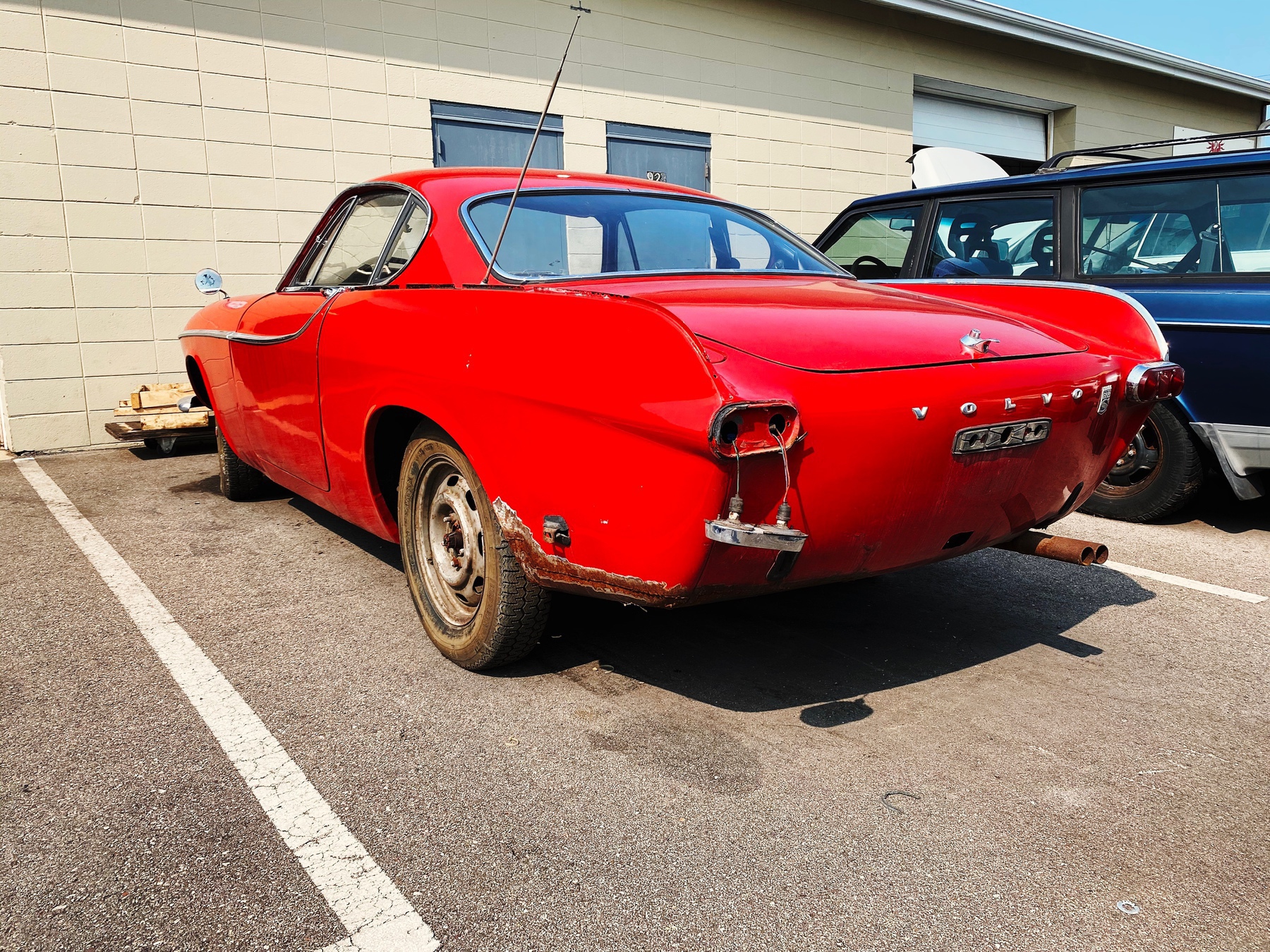
Visiting my mechanic’s shop always provides at least one visual treat. I’m a wagon man at heart, but I’ve never been able to decide whether I love the 1800ES more than this, the original P1800 bodystyle.
-
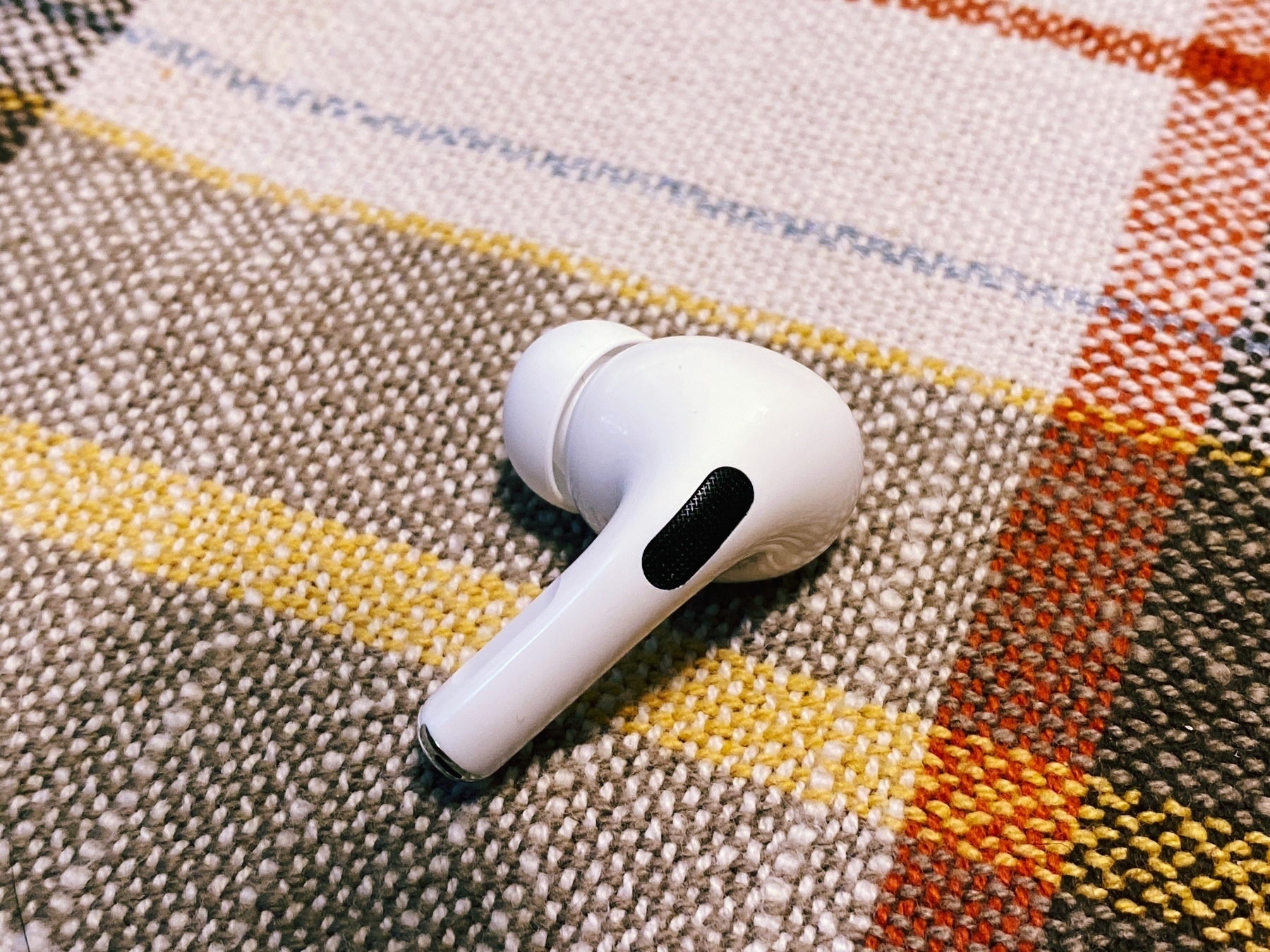
Hopefully this AirPod Pro replacement solves the buzzing, crackling, & distortion problems in Active Noise Cancellation & Transparency modes. Since the beginning of summer I’ve been sent a new set, but paired with the original case — my first-ever AppleCare claims.
-
I‘d hoped for a smaller Apple One bundle. I subscribe to iCloud (2TB), Music (gladly), and News+ (reluctantly). I’d prefer a 5% discount on those three rather than getting three other services I don’t plan to use for “free.” That’s not free; Apple’s extracting a subsidy.
-
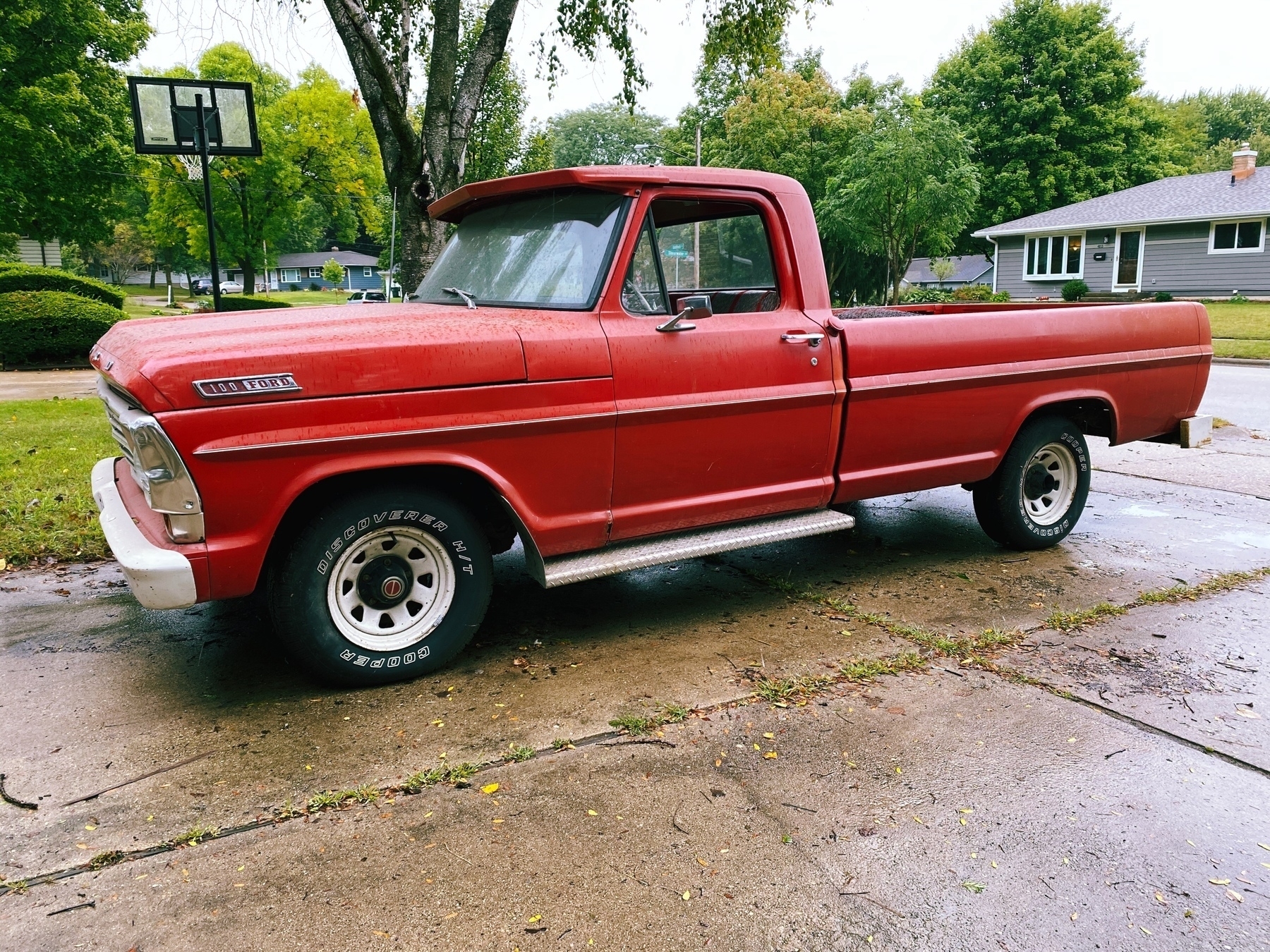
It’s been a while since this fella saw the light of day.
-
How we unbroke the news in 2020 (and what we’re up to in 2021):
Fundamentally changing what the news is about, how it’s paid for, and how it’s made doesn’t happen overnight.
Nonetheless, The Correspondent exceeded my expectations this year. Please consider subscribing.
-
Creating a pipeline between the surveillance necessary for contact tracing and the court of social media also risks people being judged by different standards according to biases that are amplified online.
Shame and Surveillance on Social Media | The Correspondent
-
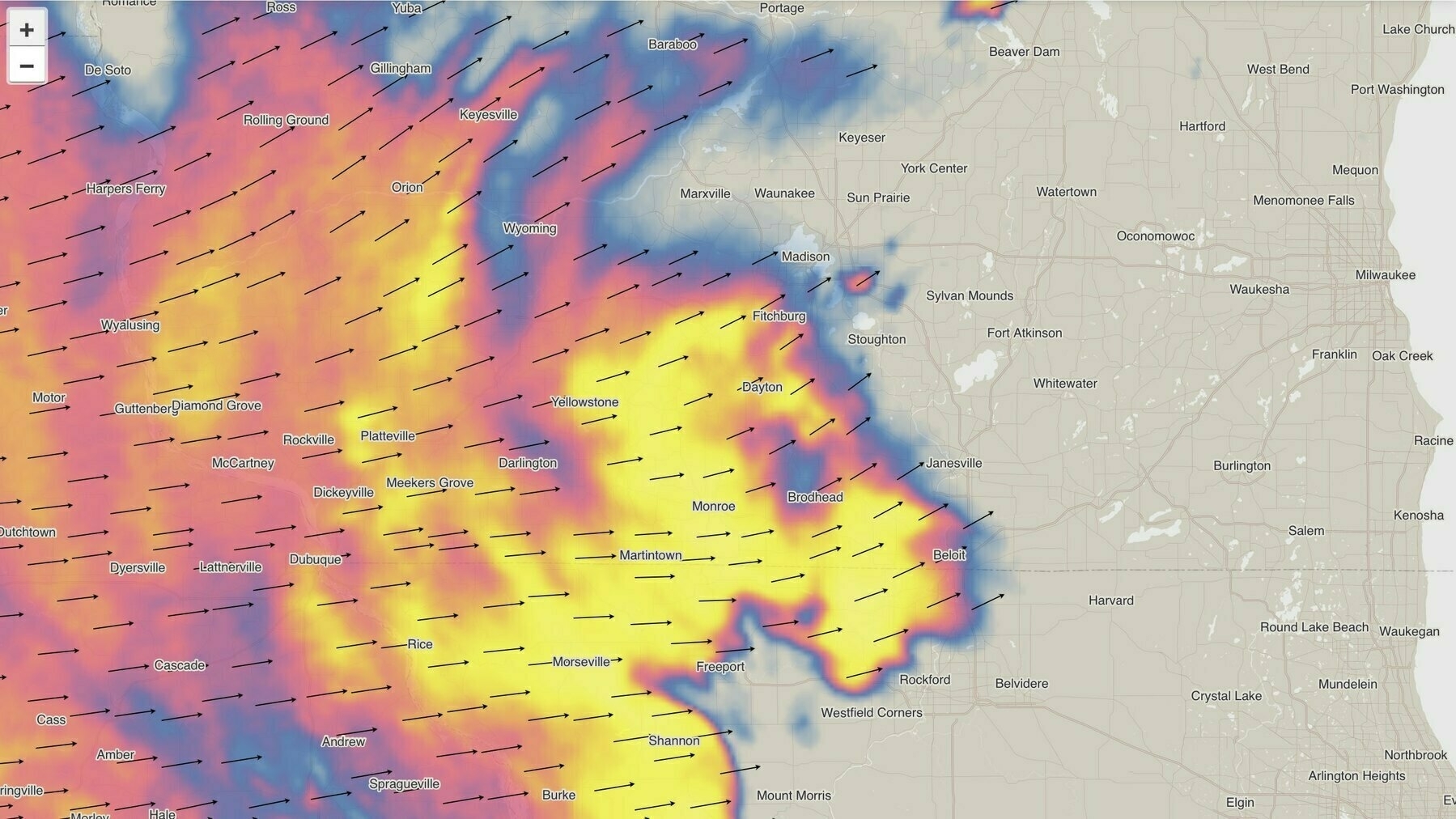
Buckle up!
-
Visited my office on campus today for the first time in months. It will be good to Hamm have a display larger than my 13” MacBook Pro screen again. Now I can just hope I won’t need to return to campus again until next summer.
-
If one theoretically wanted to change the subdomain on their hosted microblog, how easy or invasive is that? Will posts on the old subdomain automatically move over to the new sub? (I imagine links to posts will be broken, but otherwise…?)
-
How mind-bending it is that one tried-and-tested way to look good online is to buy good-looking food that you cannot eat, for fear of looking less good online.
How Instagram transformed our personal lives | New Statesman
-
The Walkman wasn’t the end of meeting people, but it paved the way for surviving an unthinkable era in which we would find ourselves unable to meet at all.
The Walkman, Forty Years On: The gadget that taught the world to socially distance. | The New Yorker
-
I’m accustomed to driving cars with hundreds of thousands of miles on the odometer. I live in Wisconsin. Longevity & cold-weather performance are the two biggest roadblocks to buying my first electric car.
‘Million-mile’ batteries are coming. Are they a revolution? | Grist
subscribe via RSS
